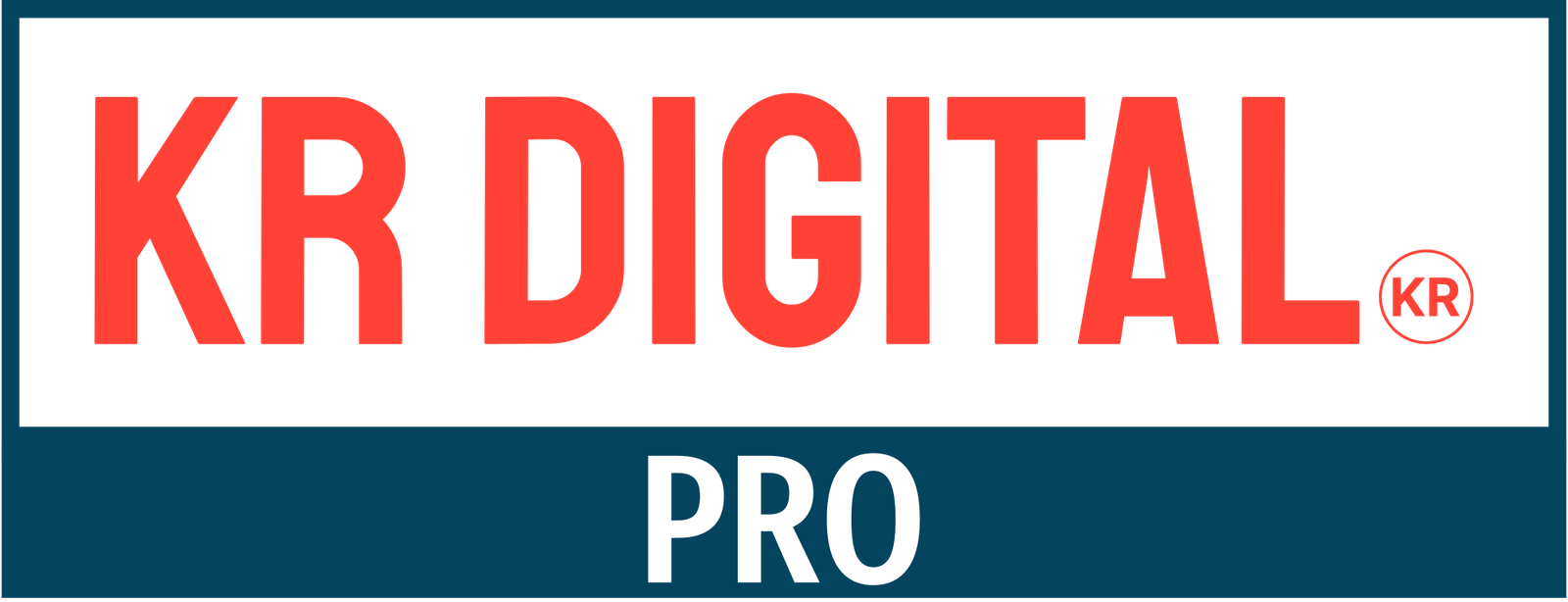What is the role of content marketing in improving search engine rankings, and what are some effective content strategies for creating high-quality, engaging content that is optimized for search engines?
Content marketing plays a crucial role in improving search engine rankings. Search engines like Google prioritize high-quality, relevant content when determining the ranking of web pages. Here are some key aspects of the relationship between content marketing and search engine rankings, along with effective strategies for creating optimized content:
Role of Content Marketing in SEO:
- Relevance and Authority:
- Search engines aim to provide users with the most relevant and authoritative content. Creating high-quality content establishes your website as an authoritative source in your industry or niche.
- Keyword Optimization:
- Incorporating relevant keywords naturally into your content helps search engines understand the topic and context of your pages. However, avoid keyword stuffing, as it can negatively impact user experience and rankings.
- User Engagement:
- User engagement metrics, such as time spent on a page, bounce rate, and click-through rate, are considered by search engines. Quality content that engages users signals to search engines that your site provides valuable information.
- Backlinks:
- Quality content attracts natural backlinks from other websites, which is a significant factor in search engine algorithms. When other reputable sites link to your content, it signals to search engines that your content is trustworthy and valuable.
Strategies for Creating High-Quality, SEO-Optimized Content:
- Keyword Research:
- Conduct thorough keyword research to identify relevant and high-traffic keywords related to your industry or topic. Use tools like Google Keyword Planner or other SEO tools to find suitable keywords.
- Create Comprehensive Content:
- Develop in-depth and comprehensive content that thoroughly covers the chosen topic. Longer, well-researched articles tend to perform better in search engine rankings.
- Optimize Titles and Headings:
- Craft compelling and descriptive titles and headings. Include your target keywords where relevant and ensure that they accurately reflect the content of the page.
- Use Relevant Multimedia:
- Enhance your content with images, videos, infographics, and other multimedia elements. These not only make your content more engaging but also contribute to a better user experience.
- Internal Linking:
- Link to other relevant pages within your website to help search engines understand the structure of your site. Internal linking also improves user navigation and encourages visitors to explore more pages.
- Mobile Optimization:
- Ensure that your content is optimized for mobile devices, as mobile-friendliness is a significant ranking factor. Use responsive design and optimize images and other elements for smaller screens.
- Regularly Update Content:
- Keep your content up-to-date by revisiting and updating it regularly. This signals to search engines that your content is current and relevant.
- Promote Social Sharing:
- Encourage social sharing of your content, as social signals can indirectly impact search engine rankings. Engaging content that is shared on social media platforms can attract more visibility and backlinks.
Remember, the key is to create content that genuinely provides value to your audience. By focusing on relevance, user experience, and comprehensive coverage of topics, you’ll not only improve your search engine rankings but also build a loyal and engaged audience.

